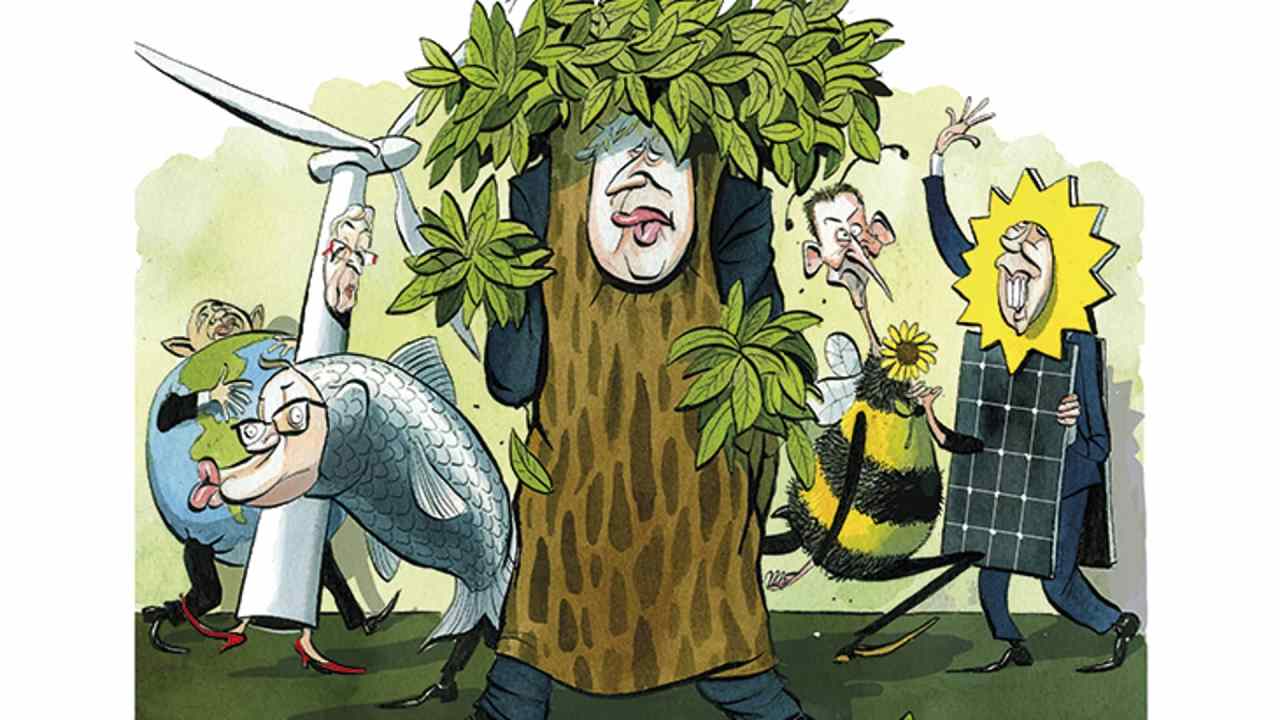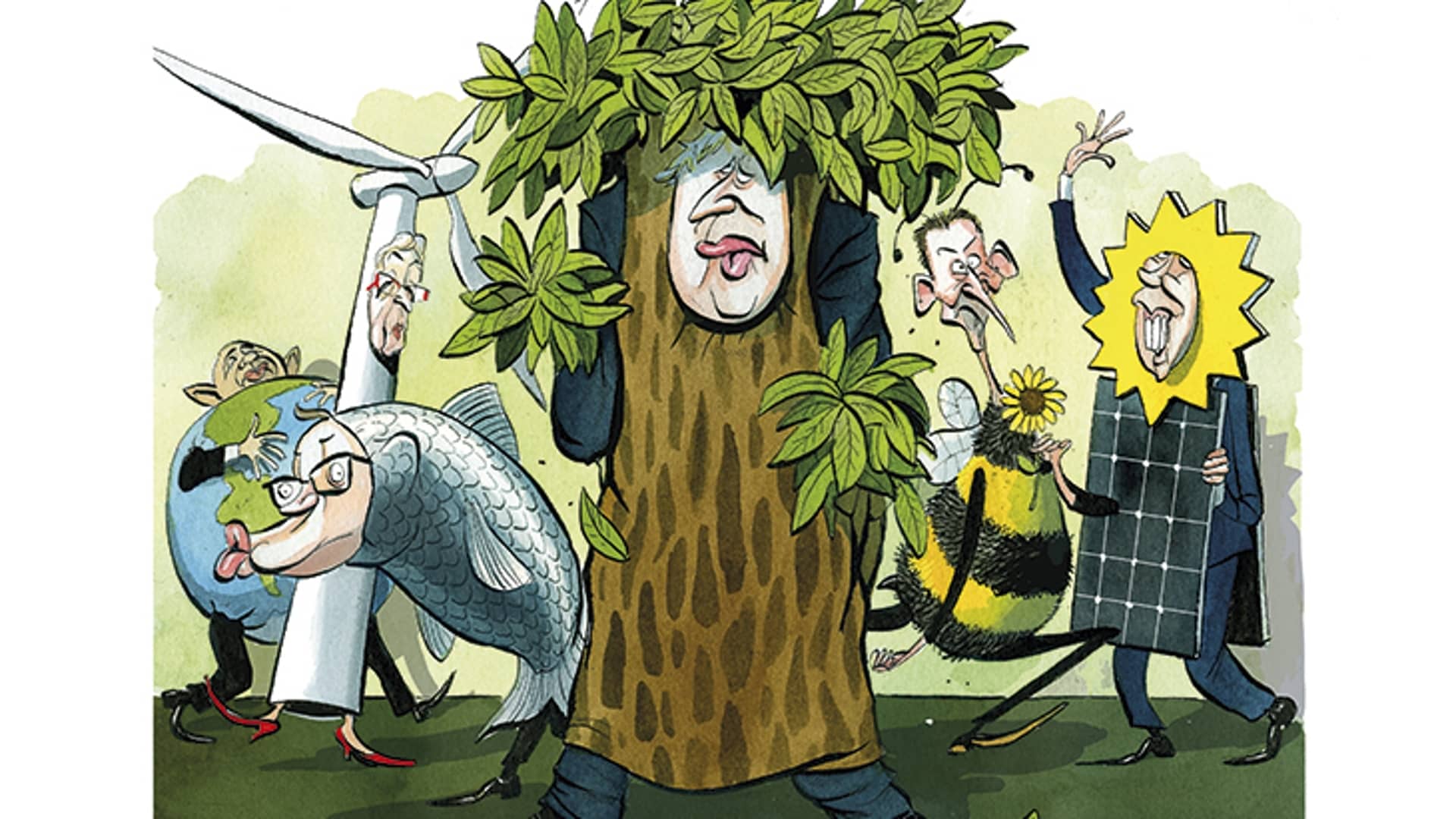The UK’s commitment to get to net zero by 2050 is going to require some difficult political choices. But it will be impossible to maintain public support for the policy if people think that climate action at home is simply leading to work moving abroad and no great reduction in the amount of carbon emitted globally. This, as I say in the Times today, is going to become an increasingly big problem in years to come. There is mounting concern about it at the top of government. If you can’t address ‘carbon leakage’, to use the rather grim technical term, you can’t deal with climate change.
For Britain, the situation represents both a threat and an opportunity. The threat is that each country slaps heavy tariffs on industrial imports in the name of a green level playing field. The EU is meant to be coming up with its own proposals for a carbon border tax in June and the Biden administration is keen on the idea too. This could quickly descend into ‘green protectionism’, further undermining the international trading system.
The opportunity for Britain is that as president of both the G7 and COP26, the UN climate change summit this year, it is uniquely well placed to push for a multilateral solution to this problem.
Whether Britain can make sufficient progress on this issue to stop countries from adopting their own unilateral solutions will be a key test of this country’s ability to help shape the new global architecture. What is needed is a carbon version of Bretton Woods.
Johnson is planning to set up a G7 working group to look at this issue before the summit meeting in June. In an optimistic scenario this would lead to a statement of principles from the group that could then shape the World Trade Organisation’s work on the issue and lead to a truly multilateral solution.
But it takes something of a leap of faith to imagine that the WTO, which hasn’t been able to conclude a trade round since its creation in 1995, will be able to solve such a big issue. This is particularly the case as China, Brazil and India all view carbon border taxes as toxic. As with the General Agreement on Tariffs and Trade in 1947, you may need to start with a smaller group of like-minded countries and then wait for others to join.








Comments